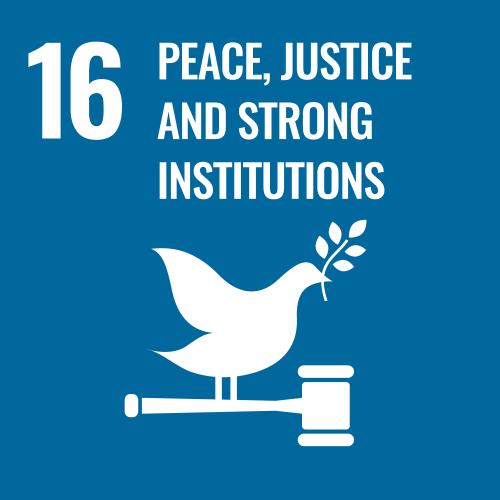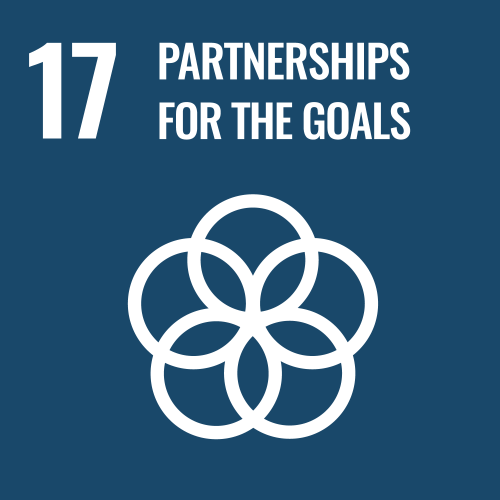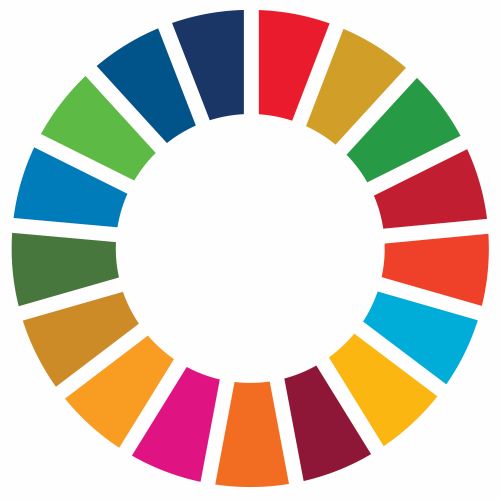
26/03/2025
Representatives of justice, security and environmental institutions have participated in a seminar aimed at improving regional coordination.
20/09/2024
19/02/2025
26/06/2024
Mercury trafficking is a global problem that strengthens organised crime, degrades the environment and negatively affects public health. This phenomenon requires coordinated international efforts to combat it, especially in vulnerable communities affected by illegal mining and environmental pollution. It is crucial to raise awareness among security institutions about these impacts and the need for joint action among countries.
Illegal mercury trafficking routes and mechanisms include cross-border corridors and various modes of transport, such as river, land and air routes. Smugglers use forged documents, front companies and informal trade to evade controls. Regional cooperation is essential to combat this trafficking, through intelligence sharing, harmonisation of laws and implementation of joint operations. In addition, it is vital to dismantle criminal networks through effective strategies and the training of prosecutors and investigators.
n order to contribute to coordinated action at the regional level, the European PACCTO 2.0 programme, together with the project Support from the forces of law of the European Union in the fight against drugs and organised crime in Peru held the ‘International Seminar on Mercury Trafficking’ in Lima. During this event, possible strategies to combat mercury trafficking with a regional vision were examined in detail.
The discussion has focused on three main approaches: international cooperation, information sharing and dismantling the criminal organisations that supply mercury to miners. It has examined how countries can work together more effectively at the global level to tackle this problem, including through the creation of partnerships and multilateral agreements.
The meeting was attended by 67 representatives of justice, security and environmental institutions from Argentina, Brazil, Chile, Colombia, Costa Rica, Ecuador, Guyana, Honduras, Panama, Paraguay, Peru, Suriname and Uruguay, as well as from Belgium, Spain, France, Italy and Portugal. Also international organisations such as the United Nations Office on Drugs and Crime (UNODC), Interpol, Europol and Ameripol. In addition, delegates from the Mercury Observatory of the Andean Community, the Amazon Cooperation Treaty Organisation, the Documentation and Information Centre of Bolivia, and the General Directorate against Organised Crime of the Ministry of the Interior participated as speakers.


